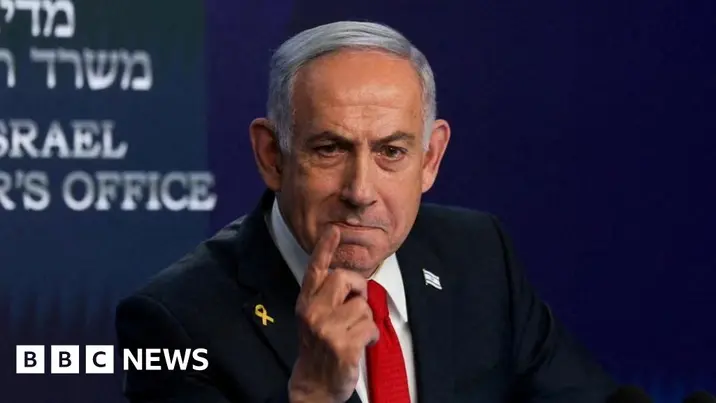T4K3.news
Gaza plan draws international backlash
Israel's plan to disarm Hamas and form a new Gaza administration drew global condemnation and sparked sharp political responses.
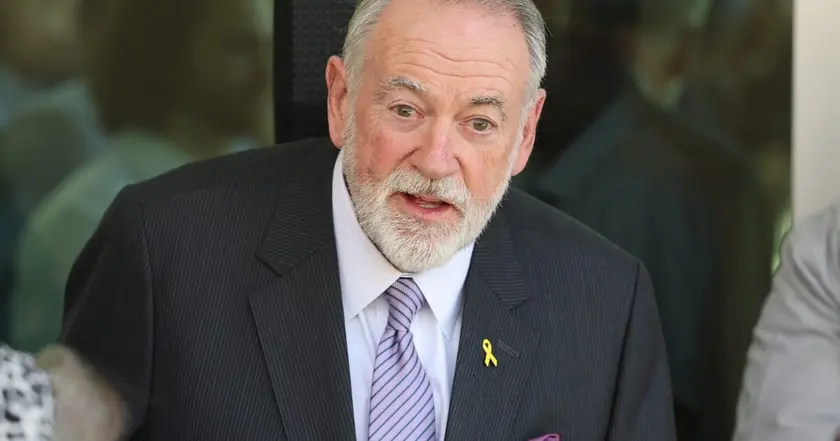
Israel approves a Gaza plan that disarms Hamas and redraws governance, drawing sharp international and political reactions.
Dresden remark shifts focus in Gaza plan debate
Israel’s security cabinet approved a plan that would disarm Hamas, secure the release of hostages, demilitarize the Gaza Strip, place Gaza under Israeli security control, and establish a new administration that is neither Hamas nor the Palestinian Authority. The move comes as the humanitarian crisis in Gaza draws growing international condemnation and as long standing allies reassess their support. Germany has suspended some arms exports to Israel in response to the crisis, signaling a shift in European backing. In response to criticism, political figures from allied capitals have weighed in, while the Israeli defense minister defended the plan, saying that countries that condemn and threaten sanctions will not weaken Israel’s resolve.
Key Takeaways
"Did [the] UK surrender to Nazis and drop food to them? Ever heard of Dresden, PM Starmer? That wasn’t food you dropped."
Huckabee回应 Starmer 对以色列 Gaza 计划的批评
"Countries that condemn and threaten sanctions will not weaken our resolve."
Israeli Defense Minister Katz defending the plan
Rhetoric and policy are colliding in this moment. The insistence on a plan that redefines governance in Gaza heightens the risk of a broader diplomatic rift just as aid channels and civilian protections are most needed. The Dresden exchange underscores how memory and history can become a street fight in public diplomacy, potentially diluting focus on humanitarian duties and practical steps on the ground. For supporters, the plan is a test of resolve and strategic clarity; for critics, it raises questions about feasibility and the impact on civilians. The coming days will reveal how foreign partners calibrate their leverage between sanctions and support, and whether cooler heads can steer the conversation toward tangible relief rather than rhetoric.
Highlights
- Memory should guide policy not derail it
- Rhetoric can derail diplomacy faster than any treaty
- Facts and humanity must lead the discussion in a crisis
- Policy requires a plan and restraint
Diplomatic and political risk from inflammatory rhetoric
The use of a World War II memory in political debate risks inflaming publics, complicating alliances, and attracting backlash. It could constrain diplomatic space as allies reassess arms exports and public statements.
Policy alignment must meet humanitarian realities and regional steadiness.
Enjoyed this? Let your friends know!
Related News
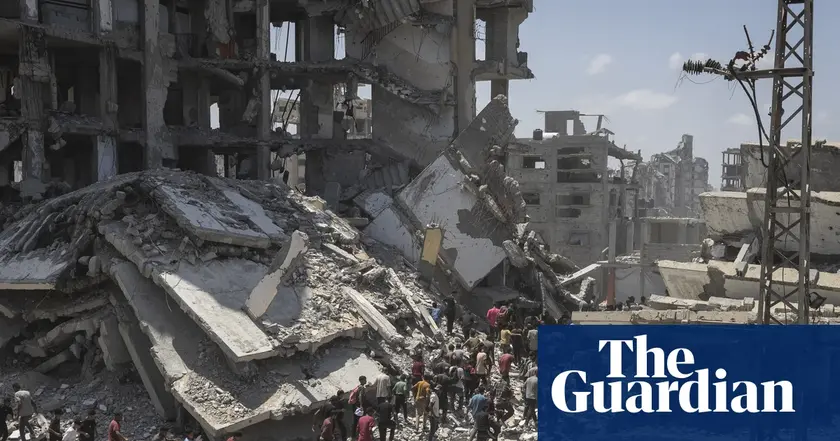
Israel plans Gaza City takeover draws international outrage

Israel moves to seize Gaza City faces global backlash

E3 leaders push for Gaza ceasefire
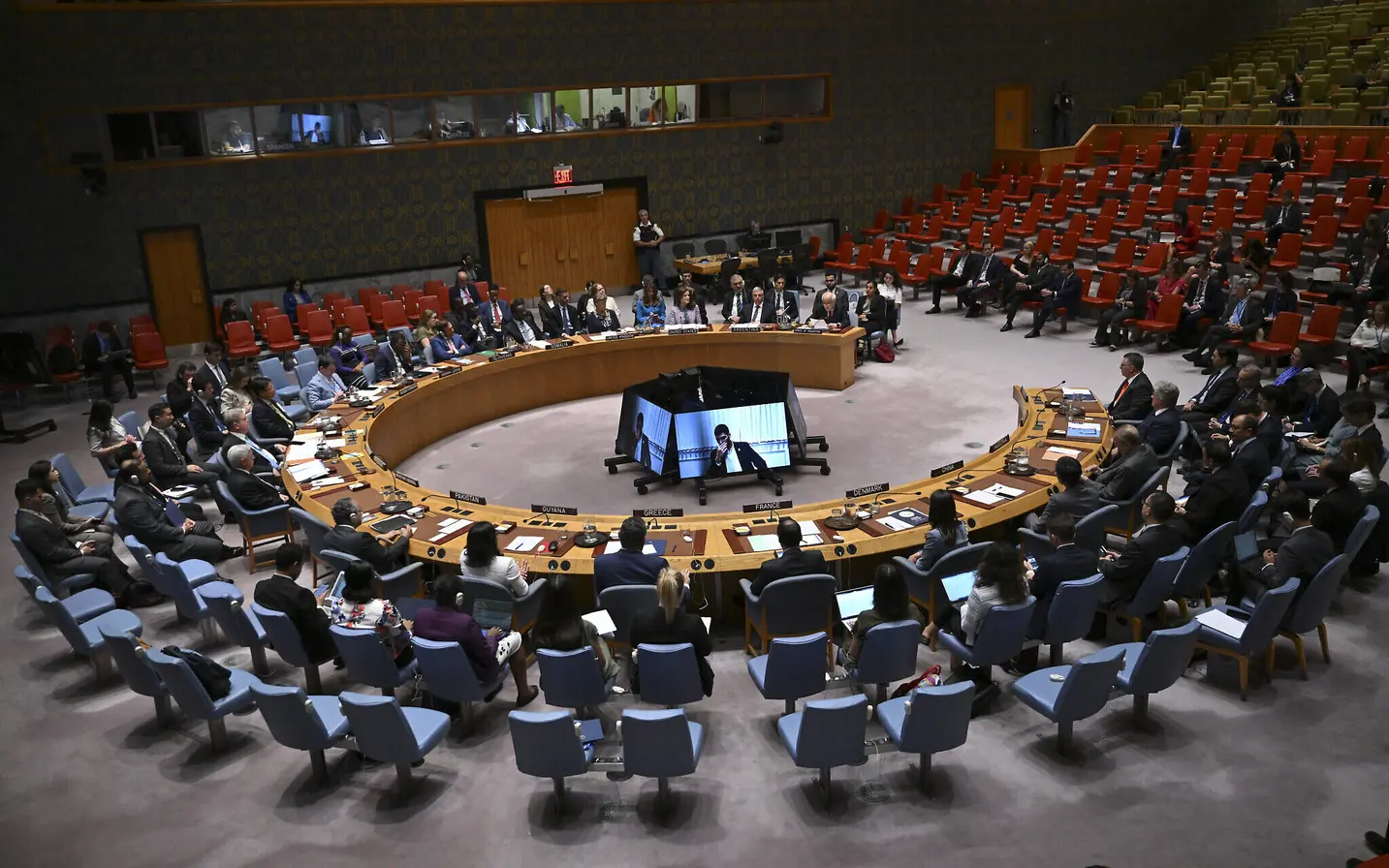
Israel Gaza City plan draws global condemnation
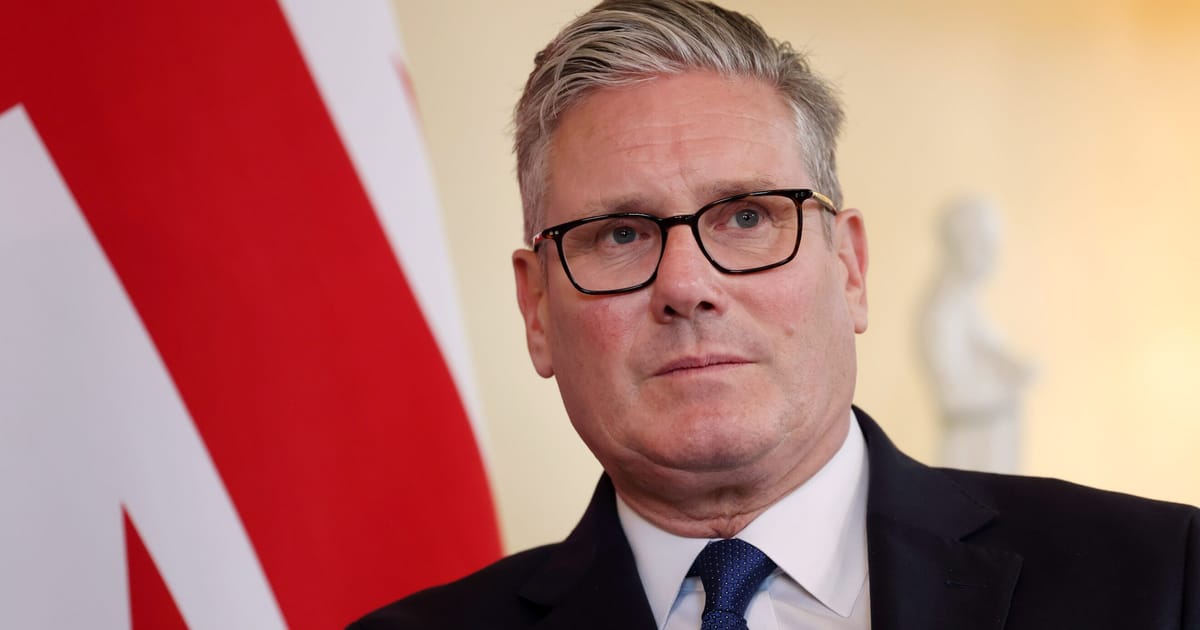
Starmer's Gaza approach faces backlash
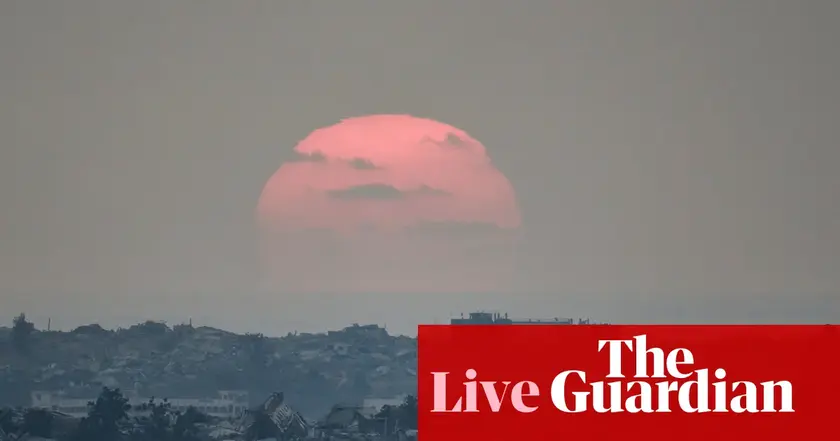
Gaza City plan triggers international backlash
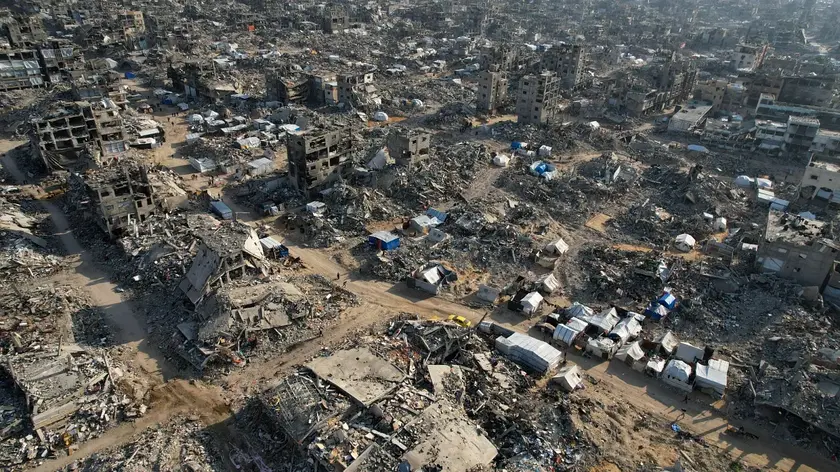
Netanyahu confirms full occupation of Gaza

Germany considers change in support for Israel
